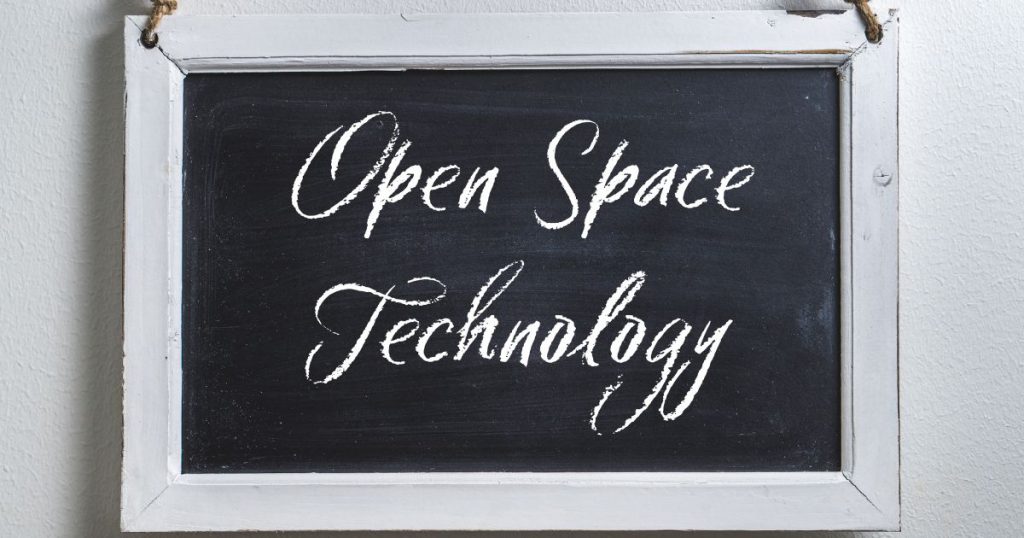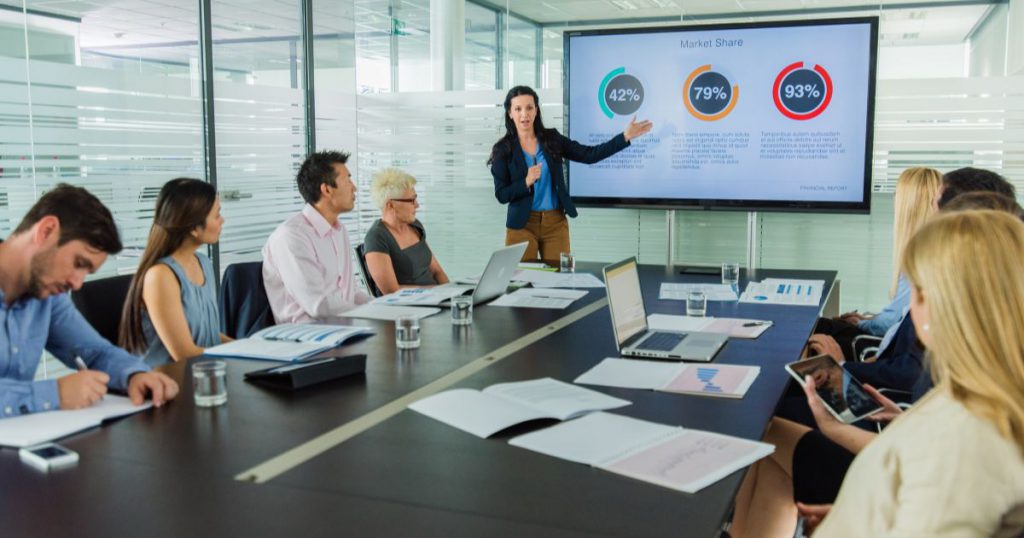Reflective practice is an important part of being a facilitator, as it helps you to continually improve and develop your skills.
As facilitators, our primary goal is to create a safe and inclusive space where participants can share their thoughts, ideas, and perspectives.
One of the key tools that we have at our disposal to achieve this goal is reflective practice.
In this blog post, we will explore the concept of reflective practice and how it can help facilitators to continually improve and develop their skills.
We will also provide some practical ideas and techniques that facilitators can use to enhance their reflective practice. Whether you are a seasoned facilitator or just starting out, these techniques can help you to create a dynamic and engaging learning environment that fosters collaboration and creativity.
Here are some ideas for reflective practice that you can use to enhance your facilitation skills:
Contents
- 1. Keep A Facilitator’s Journal
- 2. Seek Feedback From Participants
- 3. Reflect On Your Own Facilitation Style And Approach
- 4. Reflect On Your Own Biases and Assumptions
- 5. Reflect On The Goals And Objectives Of Each Meeting/Event
- 6. Reflect On The Group Dynamics During/After Each Meeting
- 7. Reflect On The Materials And Resources You Use
- 8. Reflect On Your Own Personal Growth And Development As A Facilitator
- 9. Reflect On Your Professional Environment
- Summary
1. Keep A Facilitator’s Journal
Keep a journal or log of your facilitation work, meetings and events.
This is where you reflect on what went well, what challenges you faced, and what you learned from each session. This can help you to identify patterns and trends, and can provide valuable insights into your own strengths and areas for improvement.
2. Seek Feedback From Participants
Seek feedback from participants after each facilitation.
Ask them what they liked, what they would change, and what they learned. There are dozens of practical, participative evaluation tools you can use for this – it doesn’t have to be face-to-face verbal questions.
This real-time feedback can provide you with valuable insights into how you can improve your facilitation skills and make your sessions more engaging and effective.
3. Reflect On Your Own Facilitation Style And Approach
Self-reflection without the criticism.
It’s important not to be self-critical when reflecting on your own style. This isn’t about punishing yourself, it’s about improvement.
We can all look back at our past professional selves and feel embarrassment – that’s not the goal of self-reflection.
Ask yourself questions along the lines of:
- Do I create a safe and inclusive space for participants?
- Do I encourage active participation and collaboration?
- Do I use a variety of questioning techniques to stimulate critical thinking and problem-solving?
This can help you to identify areas where you can improve, and can help you to develop a more effective facilitation style.
4. Reflect On Your Own Biases and Assumptions
We all make assumptions and have unconscious bias in some way, shape or form. As a facilitator, your role is rooted in impartiality so you need to learn to recognise and unpick your own personal biases.
Ask yourself questions such as
- Do I listen actively and without judgment?
- Do I try to understand different perspectives and experiences?
- How am I educating myself about different lived experiences?
- Do I challenge my own assumptions and beliefs?
This can help you to become more aware of your own biases and assumptions, and can help you to create a more inclusive and equitable learning environment for your participants.
5. Reflect On The Goals And Objectives Of Each Meeting/Event
Do this within 24-28 hours of each event so that it’s still fresh in your mind.
Ask yourself questions that may include:
- Did I achieve the desired outcomes?
- What worked well?
- Were the goals reached on time?
- What could be improved?
- How can I apply what I learned to future meetings?
This can help you to continuously improve and refine your facilitation skills, and can help you to better meet the needs of your participants.
6. Reflect On The Group Dynamics During/After Each Meeting
Again, do this within 24-28 hours of each event so that it’s still fresh in your mind.
Ask yourself questions like:
- Did the group work well together?
- Were there any conflicts or challenges?
- How did I manage the group dynamics?
- Upon reflection, what could I have done differently?
- How will I use this learning for future events?
This can help you to identify areas where you can improve your facilitation skills and can help you to create more cohesive and productive groups.
7. Reflect On The Materials And Resources You Use
It’s easy for us to have unconscious bias towards our own work and it’s naturally challenging to look at our own output with fresh eyes to determine its effectiveness.
Ask yourself questions like:
- Were the materials and resources effective when used in its setting?
- Were they engaging and relevant?
- Did anyone comment on the materials or resources?
- How can I improve the materials and resources I use in future meetings?
This can help you to continuously improve and refine the materials and resources you use, and can help you to create more effective and engaging learning experiences for your participants.
8. Reflect On Your Own Personal Growth And Development As A Facilitator
All professionals can benefit from this, not just facilitators.
Ask yourself questions like:
- What have I learned about myself as a facilitator?
- What skills and competencies have I developed?
- How can I continue to grow and develop as a facilitator?
- Has my facilitation style changed? Why might this be?
This can help you to identify areas where you can improve and can help you to set goals for your own personal and professional development.
9. Reflect On Your Professional Environment
Reflect on the broader context and environment in which you are facilitating.
Ask yourself questions such as:
- What is the culture and context of the group or organization I am facilitating?
- What are the broader societal or industry trends that are impacting the group or organization?
- How can I adapt my facilitation style and approach to better meet the needs of the group or organization?
- Does my role as a facilitator make me happy and bring me joy?
- Am I making a difference?
This can help you to become more aware of the broader context in which you are facilitating, and can help you to create more effective and relevant learning experiences for your participants.
Summary
In conclusion, reflective practice is an essential tool for facilitators.
By regularly reflecting on our own practice, we can identify areas for improvement, learn from our experiences, and become more effective facilitators.
Through the use of reflective practice, we can create a dynamic and engaging learning environment that encourages active participation, fosters trust and connection among participants, and keeps the discussion focused and on track.
Whether you are facilitating a corporate meeting, a workshop, or a community event, the right reflective practice techniques can help you to create a successful and meaningful learning experience for your participants.
As facilitators, it is important to continually refine and develop our reflective practice skills, in order to create the best possible learning environment for our participants.



